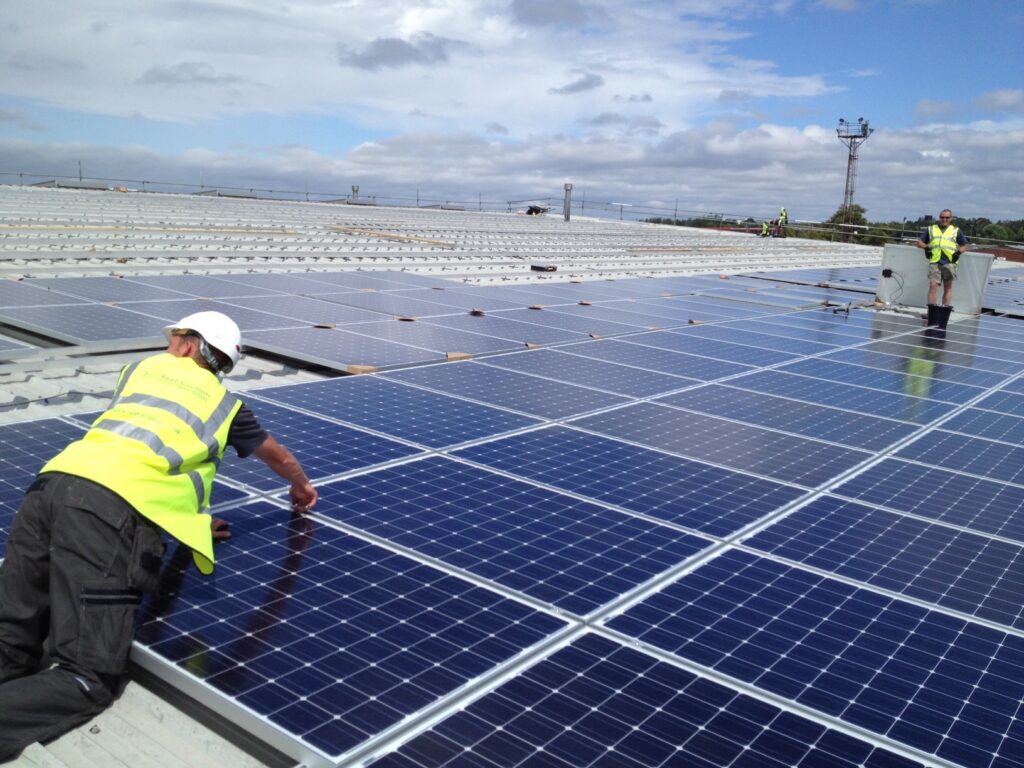The Treasury is to launch a consultation setting out proposals for transitional relief measures for companies affected by upcoming changes to business tax rates on solar installations, Solar Power Portal has learned.
The Valuation Office Agency (VOA) is currently revaluating the existing rateable vale of properties, which are used by local councils to calculate business rates, with new values to be published on 30 September.
Following discussions with the VOA, the Solar Trade Association (STA) revealed that the wider review is set to retroactively hike up the tax associated with existing solar installations, as well as those planned for the future, by up to eight times the current level to anywhere between £48.40-61.60kWp.
This has sparked a major campaign by the UK solar industry to oppose the planned increase which has since drawn support from the Labour Partyafter shadow energy minister Barry Gardiner accused the government of‘sleeping on the job’ over the issue.
The government has now set out some response to the issue after HMT revealed to Solar Power Portal that it is to launch a consultation “shortly” on transitional relief for the 2017 revaluation.
A government spokesperson said: “Solar deployment is a UK success story with almost 11GW of capacity now installed, and the government is committed to providing secure, clean and affordable energy now and in the future.
“Business rates are based on valuations from the independent Valuation Office Agency. We will look closely at the impacts of the forthcoming valuation, and consult on how to put the right support in place for businesses to adjust to any changes.”
This is the first sign from government that it is responding to mounting concerns over the impact of the revaluation on solar installations, which until now had been thought of as an unintended consequence of the VOA’s calculations. Despite the Department of Communities and Local Government being responsible for business rates, the spokesperson added that Treasury is leading on the issue.
However, the option of transitional relief has already been dismissed by the STA as it would likely only stagger the increases in rates instead of stopping them from being introduced.
Speaking to SPP this morning, chief executive Paul Barwell said: “That will not cut the mustard because the majority of rooftops have been paying some or no business rates and… if it then goes up 6-8 times any combination that is more than they are paying is just unacceptable so any form of transitional relief doesn’t deal with the problem whatsoever.
“It’s such a significant point – transitional relief won’t even touch the sides. It’s not a policy outcome. What we are looking for is a form of exemption which would require legislative change.”
Barwell also dismissed the possibility of increases to the feed-in tariffs being used to offset rising business rates, as this will not provide any relief once tariffs are removed altogether in the coming years.
With new valuation rates due at the end of the month, Barwell added that big corporates could also enter the discussion in the coming weeks as they begin to understand the implications for their rooftop installations, many of which add up to considerable installed capacity across a portfolio.






